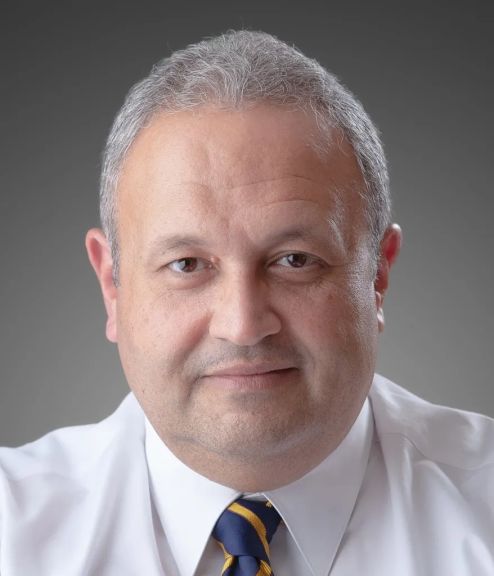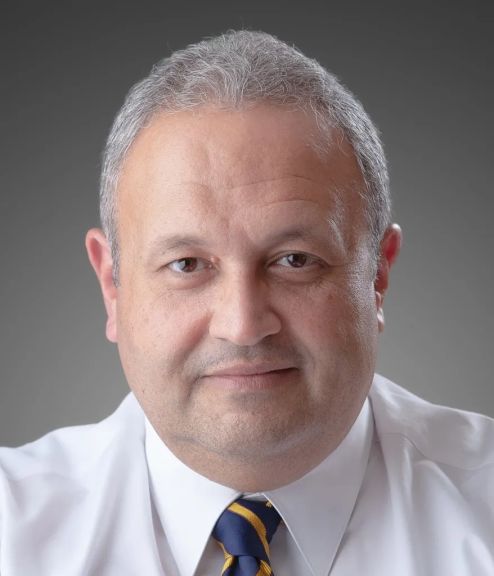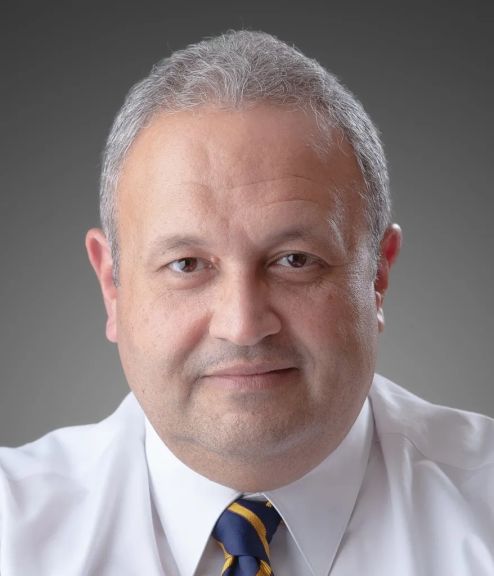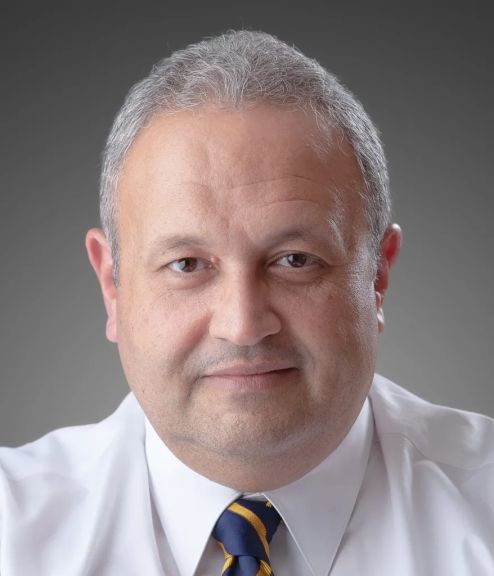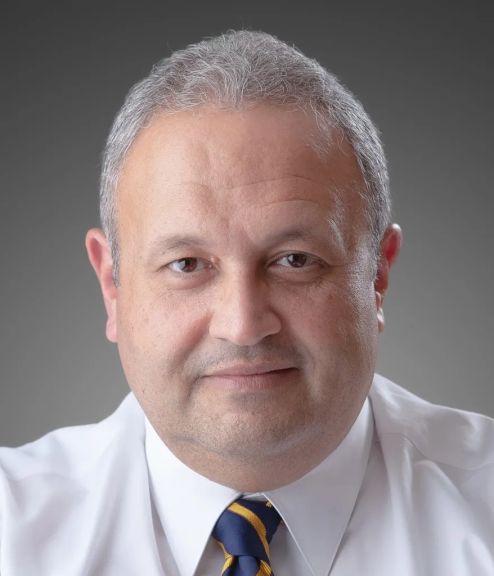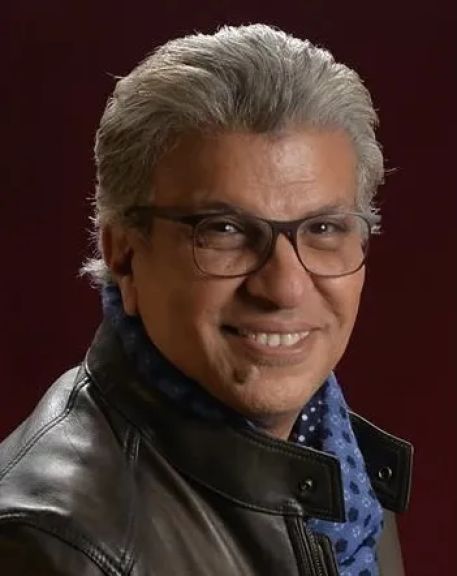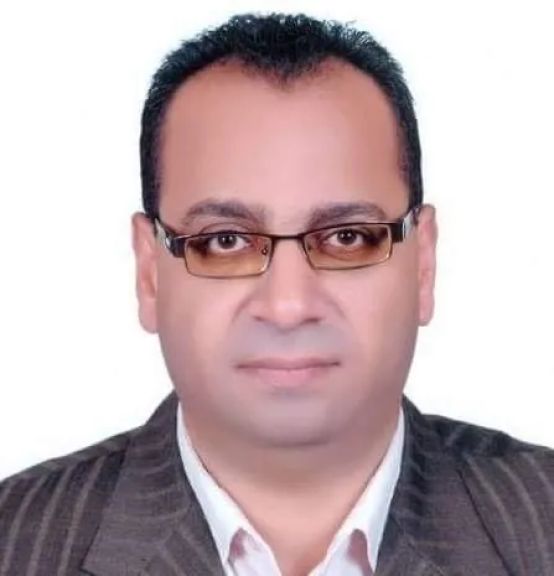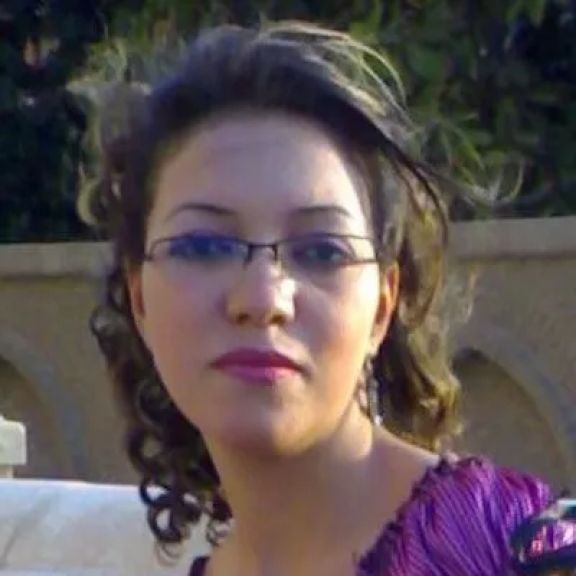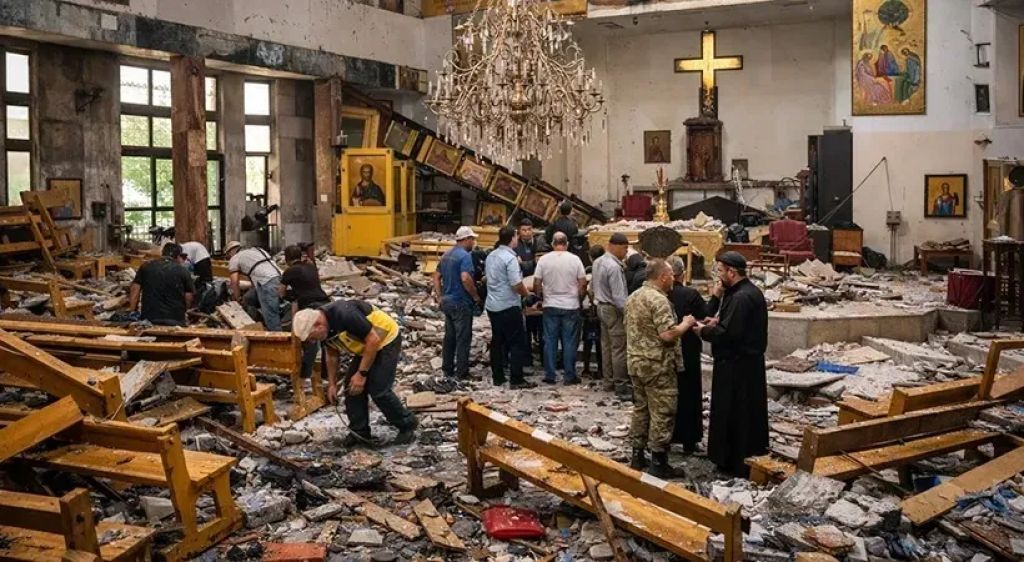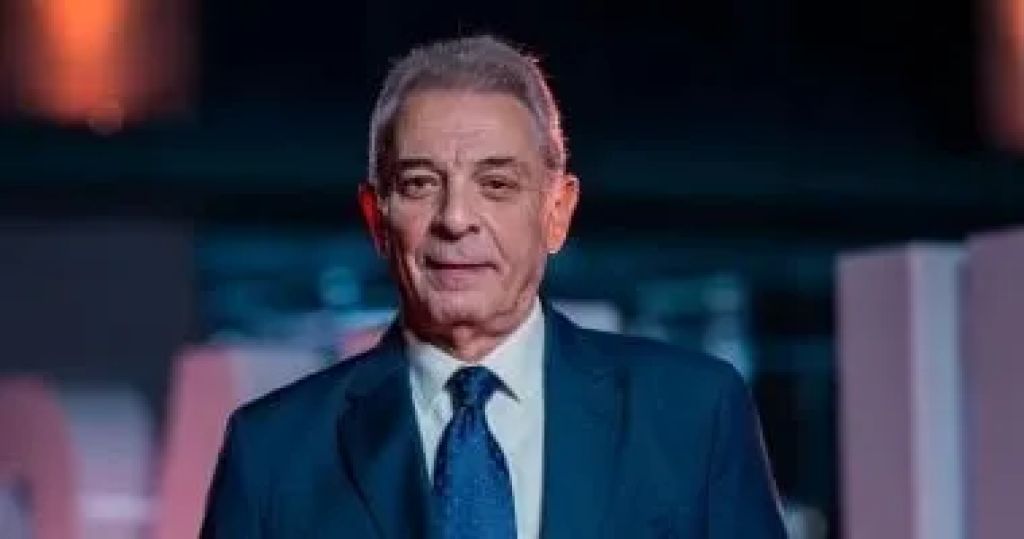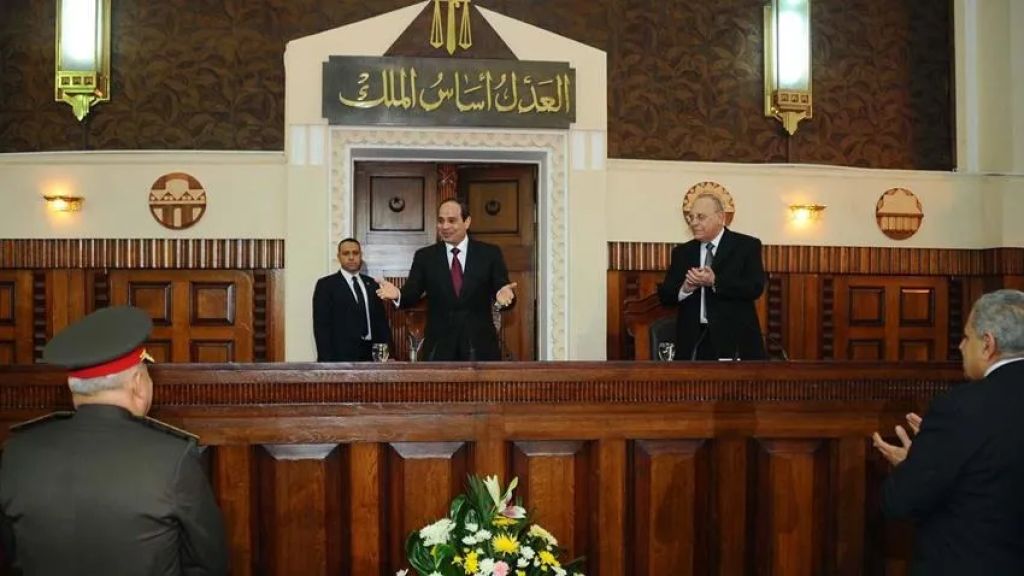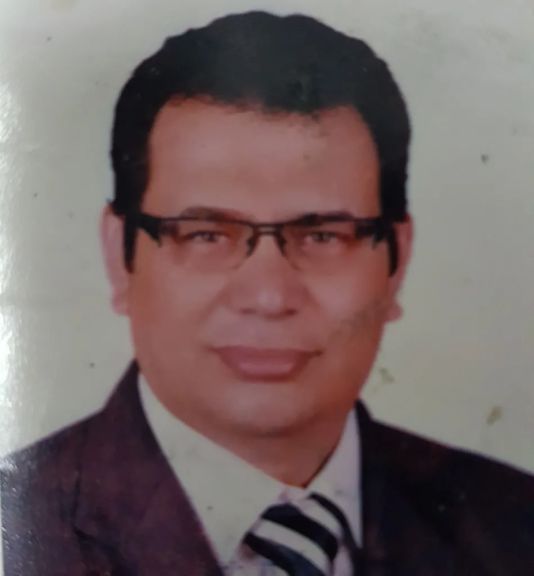Oscars and Ontario Prayer Breakfast, Speak Out or Stay Silent
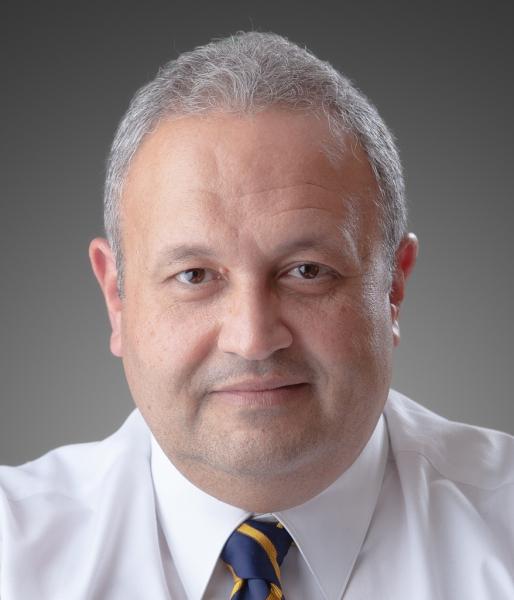
In an unprecedented action during the Oscar award acceptance speech for Best International Film, "The Zone of Interest", addressed by its Director Johnathan Glazer, he denounced the war in Gaza and drew parallels between the Israeli government's policies and historical atrocities, notably the Holocaust.
In the glamourous world of Hollywood, where stars shine brightly under the spotlight, the Oscars have long been considered not just a celebration of cinematic achievement but also a stage for political demonstrations.
This year, the 94th Academy Awards took on a notably charged tone as some members and winners seized the moment to voice their condemnation of the Israeli actions in Gaza and the ongoing plight of Palestinians.
For decades, the Oscars have been a platform where artists have used their acceptance speeches and red-carpet interviews to shed light on pressing social and political issues. However, the 2024 ceremony witnessed a rare, explicit denouncement of Israel's actions in the Gaza S, with some academy members and winners wearing Red Pins in support of Artists4Ceasefire, "a collective of artists and advocates who have come together in response to the humanitarian crisis unfolding in Israel and Palestine.
The choice to speak out on such a contentious issue reflects a growing trend of Hollywood figures using their influence to advocate for social justice and human rights causes. While some may argue that the Oscars should remain focused solely on film, others see it as an opportunity for artists to leverage their platform for meaningful change, especially since, throughout history, the film industry has proved how it has shaped the nation's present and future.
Among those who spoke out was acclaimed director Ava DuVernay, whose powerful filmography often tackles racial injustice and systemic oppression themes. DuVernay made an impassioned plea for solidarity with the Palestinian people, calling attention to the suffering inflicted upon them by Israeli forces.
The decision of these Hollywood celebrities to confront the Israeli-Palestinian conflict head-on underscores the growing disillusionment with traditional diplomatic channels and the desire for grassroots activism to effect change. By leveraging their fame and visibility, these artists challenge the status quo and amplify marginalized voices.
However, their statements have not been without controversy, with some critics accusing them of oversimplifying a complex geopolitical issue or of anti-Semitism. Nevertheless, for many, the willingness of these Oscar winners to speak out against injustice represents a powerful moment of solidarity and empathy.
As the curtain falls on the 94th Academy Awards, it is clear that the Oscars have once again served as a platform for political expression. Whether this newfound activism will lead to tangible change remains to be seen. Still, one thing is certain: Hollywood's brightest stars are no longer content to stay silent in the face of injustice.
In a notable contrast to the usual proceedings of unity and reflection, the Ontario Prayer Breakfast, a revered annual event held in Toronto, unfolded with a prominent absence of mention regarding the ongoing humanitarian crisis in the Middle East, particularly the plight of women and children in Gaza.
The event, attended by prominent politicians from across the province alongside leaders from various Christian denominations, typically serves as a forum for prayer and support for parliamentary and city council members. However, amidst the prayers and speeches delivered, there was a blunt silence regarding the dire situation in the Middle East.
Even more striking was the omission from the guest speaker, the CEO of an international not-for-profit organization dedicated to aiding oppressed women and children globally and combating human trafficking, child abuse, and inhumane working conditions. While her address touched upon the Holocaust and the suffering of children in Ukraine, there was a glaring absence of any mention of the children of Gaza, despite their ongoing struggles.
The oversight has sparked controversy and raised questions about the selective attention given to humanitarian crises, particularly within a gathering focused on moral and spiritual guidance. It is imperative for religious and political leaders to demonstrate a commitment to empathy, justice, and solidarity for all those affected by oppression and violence without double standards.



